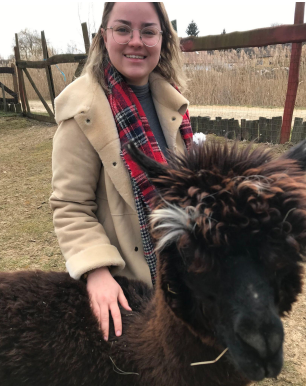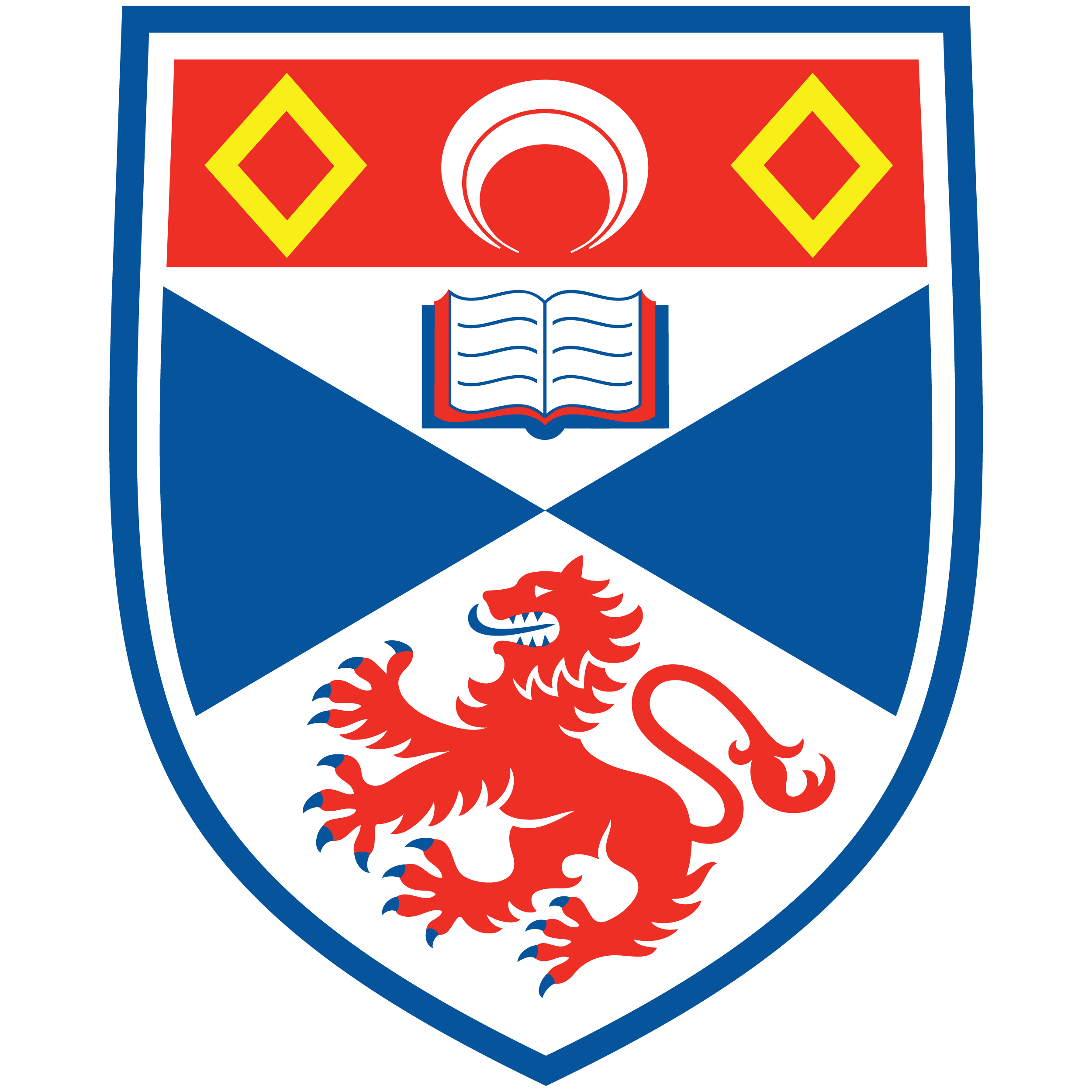A year ago I had no idea I was autistic or what autism was for that matter – all I knew is that I had a difficult first year behind me where I often felt overwhelmed and misunderstood.

My first year
I’ve always struggled in new environments and meeting new people. So as a fresher I thought I would try extra hard to overcome this. I would go to all the events and parties and meet as many people as humanly possible! This was a bad idea. I got extremely exhausted and frustrated after a few days of not getting anywhere, which got worse from the fact that all I could see were friend groups that had formed in a matter of days. I didn’t understand how. I also didn’t understand the small talk culture and how I’m supposed to form meaningful friendships by talking about the weather. I assumed that my struggles came from cultural differences: in Hungary where I’m from, it’s not uncommon for a stranger to share their entire life story within an hour of meeting them and I expected the same openness from the people that I would meet at uni. Turns out that many autistic people have a hard time with small talk and oversharing so my struggles were not entirely cultural. But I would only find this out later. I turned to Student Services for help, and I did feel a bit better after sharing my frustrations with someone who would listen. After a few months of counselling sessions I thought I was making some progress, but as soon as I stopped my depression and anxiety would come back again. At this point, I didn’t know I was autistic yet and there was no mention of autism during our sessions either.
Getting the diagnosis
In my second year, I turned to a clinical psychologist for help within the St Andrews Practice. I had this immense fear before our first session that my therapist would laugh at my struggles and would send me away because nothing is wrong with me. But of course, no such thing happened. Fifteen minutes in she asked me if I had heard of autism. I said yes, but as images of Sheldon Cooper or Forrest Gump popped into my head I thought that if they’re autistic then I’m surely not autistic enough. At the same time, I felt relieved because I knew that I could relate to some of the signs that I had previously read about. Looking back, it seems so obvious because I used to wish I was autistic so that people would finally understand me. My wish would eventually come true but only after a tough month of filling out questionnaires, interviews with family members, four sessions with my therapist and constantly questioning whether I’m autistic or not. At the end of the first session with my new therapist, she said it might be worth
pursuing the diagnosis and I agreed. First I had to fill out the RAADS-R at home, which is a questionnaire used to assist the diagnosis of autism in adults. Then, I had to collect ‘evidence’ from my childhood or teens for some of the things mentioned in the questionnaire. This was probably the hardest part of my diagnosis because having to argue for how I’m feeling made me question every single memory and emotion I’ve ever had. But it was also an eye-opening experience since I had several ‘Oh that’s why I felt this way!’ moments that helped me better understand myself.
The next step was an interview with my mum but it could’ve been any family member who knew me well when I was a toddler. My mum had to answer about three pages of questions about my early childhood ranging from the age when I first started talking to whether I had any delays in eating solid food. I’m extremely lucky to have a parent who has
been supportive since day one and was happy to be interviewed. My therapist assessed my mum’s answers together with my RAADS-R answers and we moved on to the next part which was a questionnaire on my sensory experiences. ‘I have a hard time with certain fabrics against my skin’ and ‘I strongly dislike roller coasters’ were
some examples. Again, I had to go into a bit more detail about the statements that I had agreed with. Once my answers were assessed again, there was one last step left. Since two professionals are needed to make the official diagnosis, I had a session with a second therapist that the psychology practice provided. She asked me to elaborate on some of my experiences to figure out the underlying cause of my issues. We finished that session 20 minutes early so that my two therapists can decide on the diagnosis. They left the room to discuss me while I sat on the couch for 10 painstakingly long minutes. At this point, I really really wanted that diagnosis and I would’ve been devastated if I didn’t get it. So when the two therapists came back and told me that they’ve concluded that I’m indeed autistic I was over the moon.
Post-diagnosis
I did have some post-diagnostic sessions with my therapist but the real work happened when I was alone with my thoughts. I started having doubts whether they had
made a mistake, although the explanations that my autism offered were pretty convincing. I was desperate to find other autistic people that I could relate to and believe it or not, the most helpful resource that I found was TikTok. Yes, you read that right. There are a surprising number of autistic creators that make videos about their experiences and I suddenly felt much less alone. I finally saw that autism doesn’t only look like the guy from Rain Man but is extremely diverse. I also went to some events hosted by the Disabled Student Network where I met other autistic students and started going to the Autism Support group as well. At this point, I also had a meeting with Disability to discuss some arrangements the university can make such as extra time on exams and flexible deadlines. Suddenly, I had a myriad of people offering solutions to my problems, which finally made me feel understood.
Overall experience
Deciding to go after a diagnosis has been the best decision of my life despite how difficult the actual procedure was. However, I realise that many people are not in the position to go through this and that’s why I think self-diagnosis is completely valid. The waiting list for an autism assessment at the NHS is roughly one year which is just about enough time to get completely disheartened. If you find yourself in this situation then my best advice is to go to the Autism Group sessions and attend events organised by the DSN. A diagnosis is just a piece of paper and people without it are equally valid. Either way, exploring your neurodivergence is a wonderful journey of self-awareness, acceptance and learning to embrace who you are. At the end of the day, the world would be boring without us
About Lilla
Lilla studied Physic at the University of St Andrews. Lilla is autistic and was diagnosed at age 20, during the second year of university.


 Back
Back